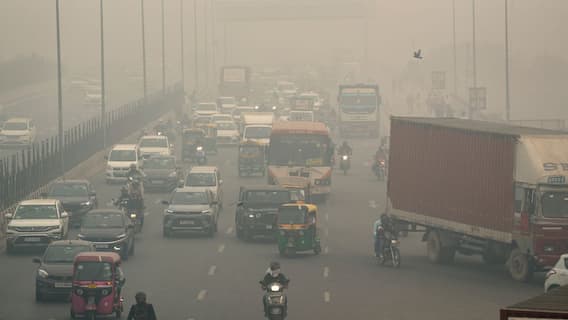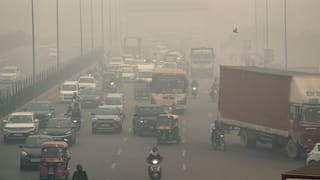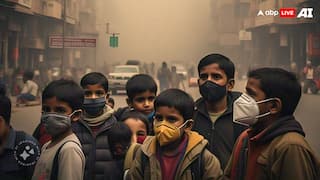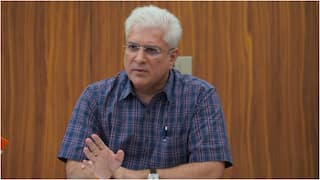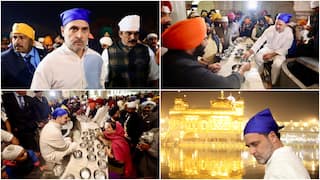Food Price Surges Still Pose A Risk For Inflation, Supply-End Measures Need To Be Actively Adopted: RBI Governor
The inflation fell down to 4.3 per cent in May but has been on the rise since, and crossed the tolerance level of 6 per cent in July due to the surge in vegetable prices, especially tomatoes.

The Reserve Bank of India Governor Shaktikanta Das warned against inflationary pressures in the light of consistently increasing food prices. Delivering a lecture on Wednesday in Mumbai, the governor called for control measures on the supply end to minimise the impact of food price surges on the economy.
According to a PTI report, Das noted that vegetable price surges are not long-lived but the central bank will keep a watchful eye to ensure that ‘second-order effects in the form of generalisation and persistence’ don’t affect the monetary policy. The governor urged to undertake consistent and timely measures on the supply side to limit the impact and duration of food price shocks on the economy.
Talking about the inflation target, the banking regulator head said the RBI will be determined to control inflation to the target of 4 per cent but warned that interest rates are expected to stay at the higher end for the foreseeable future.
The RBI has been focused on maintaining inflation in recent months. The inflation fell down to 4.3 per cent in May but has been on the rise since, and crossed the tolerance level of 6 per cent in July due to the surge in vegetable prices, especially tomatoes.
Das stated that the vegetable prices are already seeing corrections on account of new arrivals in the market. Appreciating the active supply management in onions, he said, “We expect to see an appreciable slowdown in vegetable inflation from September… the progress of monsoon in July has upped the prospects for the summer crop.” The governor further noted that erratic and weak rainfall along with El Nino conditions has added to the uncertainty surrounding food prices in the upcoming months.
Appreciating the performance of the financial sector, Das noted that the sector continues to be healthy, but any complacency can’t be afforded. He added that forex reserves of more than $600 billion provide strong backing against any event in the future. He stated that this backing allowed the rupee to be depreciated appropriately and protect the domestic currency in comparison to global currencies after Russia invaded Ukraine.
Also Read : Uber Says Users Can Cancel Trip Even If Car Arrives At Pickup Point, Details Passenger Safety Guidelines
Das noted that the Indian economy needs to focus on developing it’s agriculture, technology, services, and startup sectors, along with others, to sustain the economy’s growth for a longer period. He called for a focus on agricultural marketing, in addition to reforms in the connected value chains in the sector.
Highlighting the importance of the manufacturing sector, the governor stated that the sector’s contribution to the GDP has remained stagnant at 18 per cent and this can be improved by focusing on emerging areas such as low-carbon technologies, electric vehicles, semiconductors, and many more.
Das called for a focus on increasing the labour force participation rate, specifically of women, to maximise the potential on the demographics front. He further stated that a targeted development of startups in high-tech sectors like AI-based defence equipment, space exploration, quantum computing, small modular reactors, rare earth extraction, and more is the need of the hour to boost the economy’s growth.
Top Headlines
Trending News





